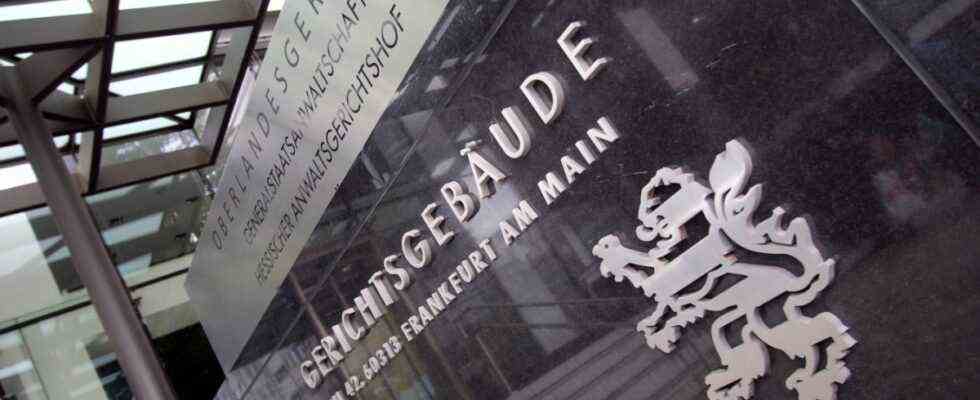The course of the raid had been planned for a long time, the officers involved were numerous and the suspects who visited them early in the morning had one thing in common: they were all wealthy. On September 29, investigators arrived in half of Germany and searched the private and business premises of a total of more than 100 suspects. They are said to have cheated the tax authorities out of huge sums of money with novel tax tricks by offsetting artificially generated losses of millions from trading in securities, without fully disclosing the tax-saving model. The suspicion is serious tax evasion, organized by tax and financial advisors, financed by banks, flanked by lawyers. Or was it just legal, transparent tax tricks that millionaires used to subtract their millions?
In any case, the scope of the latest tax affair is larger than previously known. The focus is in Munich, with around 100 suspects and a suspected tax loss of more than 500 million euros. Research of the Süddeutsche Zeitung have now revealed that Frankfurt investigators are also investigating in two similar proceedings. In the case of the Frankfurt public prosecutor’s office, there are about a dozen accused, with alleged damage “in the millions”. In a third investigation complex, the Frankfurt Public Prosecutor’s Office is on the trail of seven suspects, including a tax advisor from the Hochtaunus district, who is considered by investigators to be the inventor of the alleged tax evasion model.
Withhold profits, credit losses
All three complexes are about entrepreneurs, investors and other wealthy people who have at least outsmarted the state. And once again: about deals with no business sense, just to withhold money from the general public.
According to the investigators’ findings, the principle was always the same: Derivatives were used, the value of which developed in exactly the opposite direction, so that in the end the parties involved neither incurred a profit nor a loss. Just like when you bet on red and black at the same time in roulette. At the tax office, they are said to have credited the losses from one paper, but withheld the profits and the link between the two financial instruments.
In Munich, the focus is on a consulting firm that is said to have sold a variant of this model. It is said to have founded a company of its own to purchase the two opposing securities. The clients should then have taken over the company that has already posted a loss. They are said to have realized this loss only after the takeover and claimed it again from the tax authorities. They are said to have kept quiet about the fact that originally there was no loss at all due to the opposing business.
Parallels to the Cum-Ex tax scandal
Those familiar with the process draw parallels with the cum-ex scandal, in which banks, investors and consultants cheated the tax authorities out of a billion sum by reimbursing or crediting taxes that were never paid before on investment income. In contrast to the deals that have now become known, this was an industrially organized grip on the state treasury, in which numerous well-known banks had participated, while the investigators are now, at least according to previous knowledge, mainly dealing with millionaires who artificially reduce their income tax wanted to. The line to illegal tax evasion is not always sharply drawn – Cum-Ex has long been played down as a tax trick.
Alleged tax offenses like this cost the tax authorities billions of euros every year. How many, exactly, is difficult to estimate. Kai Bussmann, tax expert and professor for criminal law and criminology at the University of Halle-Wittenberg, reckons with 80 to 150 billion per year – plus x. Thomas Eigenhaler, Federal Chairman of the German Tax Union, assumes 50 billion euros that are channeled past the tax offices every year. Another 50 billion a year escaped the state through tax avoidance.
More precise figures are hard to come by. Money that tax debtors divert and that consequently never ends up in the treasury is difficult to count, says tax expert and business administration professor Christoph Spengel. “In Germany, the revenue goes into the state tax authorities and the reimbursement goes out to the federal authorities.” That, according to Spengel, makes it “difficult to understand whether something is missing”.

